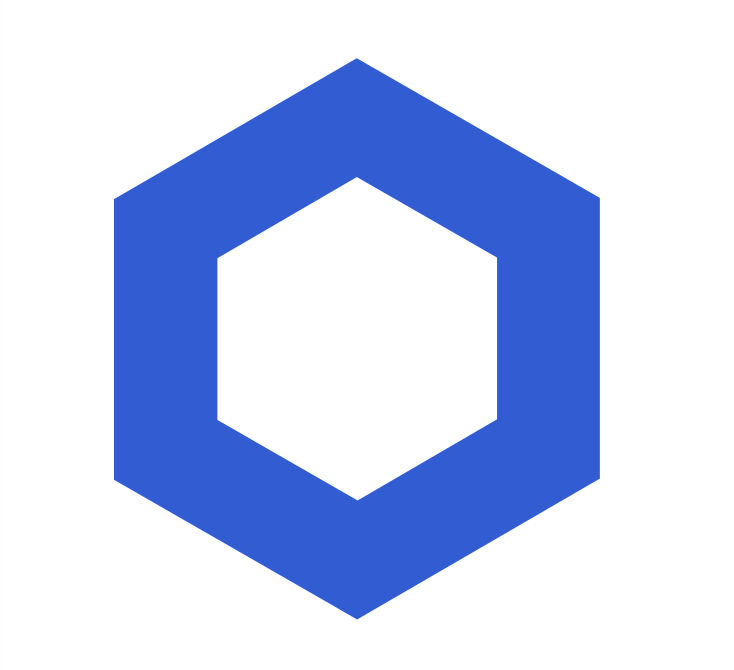Service-Oriented Infrastructure (SOA) is an approach to software design that typically develops multiple independently maintained components, or microservices, and combines them into an application. Separating services into modular components accelerates innovation and shortens development cycles. This model promotes the continuous innovation and development of the DeFi ecosystem, combining multiple license-free open source protocols to create a new financial application. When it comes to DeFi modularization, its core is the SOA architecture of smart contracts.
Sergey Nazarov, the co-founder of Chainlink, recently talked about how the Chainlink network promotes the development of blockchain ecological SOA architecture, providing reliable microservices for smart contract applications, such as secure price feeds, verifiable random numbers, proof of reserves and others off-chain computation. Chainlink oracles can provide a secure data infrastructure for smart contracts, and connect the back-end systems of many traditional enterprises to the thriving smart contract economy, integrating decentralized microservices into enterprise business models to better leverage trade in the market.
This article is an excerpt of Sergeys speech at the 2020 Coindesk Invest:Ethereum conference, entitledfirst level title。
What are the advantages of a service-oriented infrastructure?
image description
Microservice architecture (microservice architecture) can put together multiple modular components to form a web application.
This is the modularity we hope to achieve for DeFi smart contracts, and this is also the consistent development direction in the mainstream computer field. Before the emergence of SOA, complex applications often needed to rely on large computer databases, and the interaction methods between applications were limited and very troublesome. So someone invented a service-oriented infrastructure, first developing different services, then microservices, and then serverless.
image description
first level title
Modular DeFi applications: SOA architecture for smart contracts
In the field of smart contracts, SOA has quietly emerged. Looking back at the development history of smart contracts, although this is not a long history in the computer industry, there have been smart contracts like DAO that are more biased towards a single structure. This type of contract is very large and complex, and often cannot guarantee security, because the code is very rigid and cannot be combined flexibly. Many of these early smart contract systems were difficult to use, or difficult for others to use.
image description
The recent development of modular smart contracts has promoted the vigorous development of DeFi, and Chainlink provides modular security data for the DeFi ecosystem.
Chainlink can provide these protocols and services with secure data for full value. Now, advanced DeFi protocols such as Aave and Synthetix can all be combined to share value and functionality to create more advanced products.
first level title
How will Chainlink accelerate the development of modular smart contracts?
The service-oriented infrastructure is gradually emerging in the smart contract industry, and the development team can add new DeFi protocol components to the application and input value. Chainlink Price Feeds, Chainlink VRF, Proof of Reserves, and oracles that access specialized datasets like weather data will all secure smart contracts, input value, and generate new off-chain collateral types.
In the future, modular DeFi projects will unlock new types of services through smart contracts and create new financial products, such as mortgaging game items in DeFi applications. Chainlink provides users with the infrastructure to easily put services on the chain. Users can run Chainlink nodes themselves, or use Chainlink as middleware to sell their own data and APIs to DeFi, decentralized insurance, and blockchain game markets.
image description
first level title
Create a positive cycle around data usage and security
I think the real challenge is how to build these modules in a safe way so that developers dont have to worry about security.
From the developers point of view, speed is a must; in addition, the system also needs to guarantee security to a certain extent during the process of quickly assembling modules.
image description
A positive cycle is formed around the amount of data on the chain provided by Chainlink and the security guarantee of oracle machines, prompting more smart contracts to guarantee greater value.
Another pattern we found is that people will be willing to pay for security. So, as smart contract user fees start to grow and flow into systems like Chainlink for greater data volumes and higher security, it will create a positive cycle. More smart contracts will generate greater data volume and data demand, so systems like Chainlink will purchase data directly from high-quality data sources and ensure data security through encrypted signatures.
Chainlink accelerates the cycle between data usage and security. In this process, more modular services will appear in the smart contract ecosystem, combining various innovative DeFi smart contracts, and ensuring data quality and security.
We welcome developers to check out Chainlinks technical documentation for a quick overview of how to integrate Chainlink oracles and a series of decentralized microservices for smart contracts. For more details, please contact a Chainlink expert.










